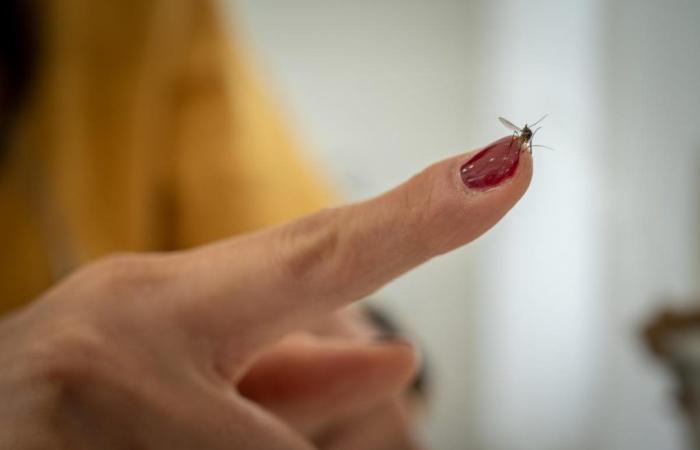Vigilance is required. Cases of malaria, which result from the bites of infected mosquitoes carried on board planes, are on the rise in Europe, a phenomenon called “Odyssean malaria” which is causing concern among health authorities. And for good reason: this phenomenon fuels the spread of the disease across the continent. In total, of the 6,131 cases reported in the European Union, 99% were travel-related.
Faced with this most critical situation, researchers now recommend strictly applying the disinsection of aircraft to combat the risk of Odyssean malaria. Also, faced with the growing number of cases, they recommend that doctors consider as soon as possible the possibility of malaria in their patients who present with an unexplained fever even if they have no travel history. Finally, they want more structured surveillance of malaria cases in Europe and the implementation of preventive measures.
VIDEO – Dr Christian Recchia: “Be careful, bedbugs arrive along your travels. Be vigilant”
Malaria can be fatal
As a reminder, malaria was eradicated in Western Europe in the 1970s, but locally acquired infections are still reported sporadically each year on the continent. Typically, malaria is found in tropical regions, including large areas of Africa and Asia, Central and South America, and parts of the Middle East. It is therefore recommended to check the risk of malaria in the country you are traveling to before leaving.
And be careful if you contract it because if not treated quickly, it can be fatal. It is also one of the main causes of death in many developing countries. As the World Health Organization points out on its website, symptoms can be mild, similar to those of many febrile illnesses, and difficult to recognize (fever, chills and headache). On the other hand, other symptoms can be life-threatening (fatigue, confusion, convulsions and difficulty breathing). Not surprisingly, infants, children under five, pregnant women, travelers and people living with HIV or AIDS are at higher risk of serious infection.
ALSO READ >> Malaria: the vaccine, a miracle solution?
Note that it is possible to prevent malaria by avoiding mosquito bites by using mosquito nets when sleeping in places where malaria is present; using mosquito repellents (containing DEET, IR3535 or icaridin) after dusk; using coils and vaporizers; by wearing protective clothing but also by placing mosquito nets on the windows.






